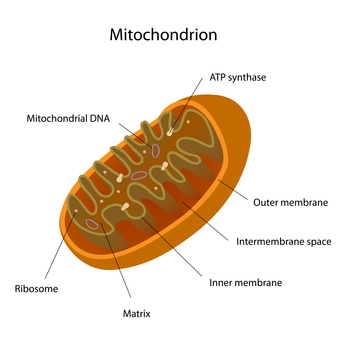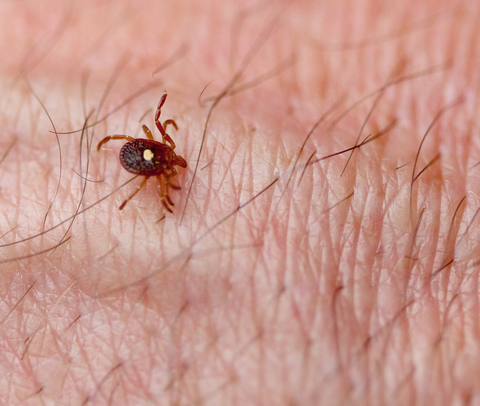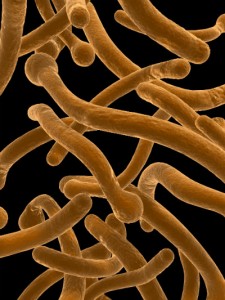 Because of my son’s failure to thrive, our pediatrician sent us to see Vicki Kobliner, a holistic nutritionist, who’s also on the board of Epidemic Answers with me.
Because of my son’s failure to thrive, our pediatrician sent us to see Vicki Kobliner, a holistic nutritionist, who’s also on the board of Epidemic Answers with me.
Given that Crane Man has constant fatigue and stomach pain, poor growth, mild sensory issues and developmental delays, Vicki suggested having preliminary tests for mitochondrial dysfunction done. [Read more…]
 A few months ago, my then-6-year-old son had a definite change in his typically sweet personality for the worst.
A few months ago, my then-6-year-old son had a definite change in his typically sweet personality for the worst. Yet another study shows that C sections and feeding your baby formula instead of breastmilk can change your baby’s gut flora for the worse, leading to gut dysbiosis.
Yet another study shows that C sections and feeding your baby formula instead of breastmilk can change your baby’s gut flora for the worse, leading to gut dysbiosis. My Children: Recovered from Sensory Processing Disorder, Acid Reflux, Asthma and Eczema, and getting healthier everyday!
My Children: Recovered from Sensory Processing Disorder, Acid Reflux, Asthma and Eczema, and getting healthier everyday! Here’s a
Here’s a 
 It’s a bad idea to take antibiotics during pregnancy. Children whose mothers took antibiotics during pregnancy are more likely to develop asthma, as well as autism, ADHD, learning disabilities, dyslexia, arthritis, allergies, depression, bipolar disorder, eczema, kidney problems, schizophrenia, acid reflux, colic and autoimmune disorders.
It’s a bad idea to take antibiotics during pregnancy. Children whose mothers took antibiotics during pregnancy are more likely to develop asthma, as well as autism, ADHD, learning disabilities, dyslexia, arthritis, allergies, depression, bipolar disorder, eczema, kidney problems, schizophrenia, acid reflux, colic and autoimmune disorders. 
 Why is there such an epidemic of autism, ADHD, allergies, asthma, autoimmune diseases and more in our children today?
Why is there such an epidemic of autism, ADHD, allergies, asthma, autoimmune diseases and more in our children today? In the wake of hurricanes and floods, mold remediation will be at the top of the list of many people’s cleanup efforts. Exposure to mold can cause significant health problems, both acute and long-term.
In the wake of hurricanes and floods, mold remediation will be at the top of the list of many people’s cleanup efforts. Exposure to mold can cause significant health problems, both acute and long-term.

